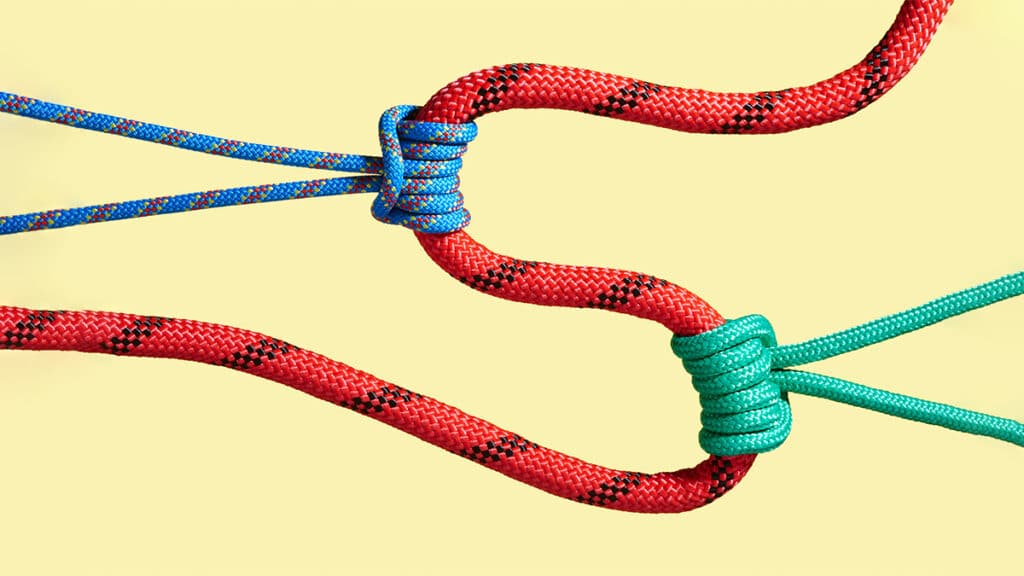There are so many terrific things going on that it’s hard to pick out specific ones, but it would be wrong not to mention the Model United Nations conference just passed. This was the first ever MUN conference held by UWCSEA – Dover or East – and I had the privilege of sitting in on some of the sessions and also behind the scenes.
The MUN conference – involving 228 students from Singapore and around the region – including Sunway, OFS, SJII, SAS, RGS, NIST and Dover – is a mock-up of the real diplomatic set-up. Students sit in committees representing countries on Environmental, Political, Security, Health and other matters, drafting proposals and amendments, debating them, and voting on them. They have to research their country’s stance, behave according to appropriate and very strict UN protocols, and follow a complex and demanding schedule. It is genuinely impressive to see 200+ students in one hall, for four hours, creating and debating proposals on, for example, the role of unions in strengthening or weakening economic systems.

What is more than just impressive, however, is that no adults are involved; this is entirely student led and organised. From logistics of choosing dates, raising money, inviting schools, liaising with hotels, creating the website, organising transport, lunches, speakers, venues, photography, t-shirts (you get the picture) to the details of how to inspire delegates, change perceptions and work to unity of purpose while respecting diversity of belief, this was all arranged and executed by students, with minimal teacher direction. So while the speeches and debates were fascinating, I was actually more struck by the management meetings where the student organisers, mid-conference, were tweaking the schedule, looking for improvements and being creative about making it the best event it could be. There was no doubt in my mind that the slickness and level of detail was close to professional event management standards.
And of course the whole aim of the MUN approach is to expose students to both the skills of drafting and debating, and also the ways that organisations have to function when they need to take account of hundreds of opinions. The structural methods of negotiation, influence, power-broking and decision making are vital tools for any large organisation, and the benefits are profound in terms of general life-skills. Most importantly, and the driving force behind our involvement, is the fact that these skills are also moving us towards a practical understanding how to execute the UWCSEA mission in practice. What a great conference!
Well over 100 of our own East students were involved, inspirationally led by Anna Shukla, Hannah He, Parth Chabra, Tristan O’Brien, Kathleen Guan and Guillermo Pérez Lobato, supported by Mel Nightingale and Martin Samuelson. We’re so proud of them.


